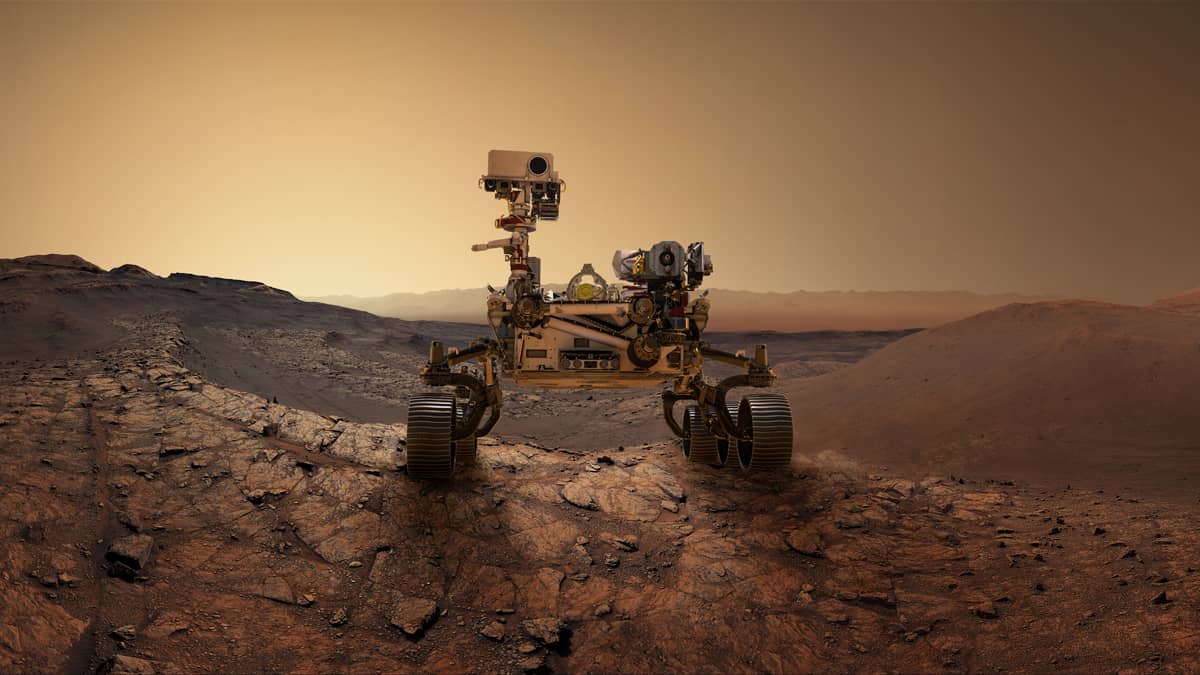Homo Sapiens Will Not Live On Mars
Much has been said and written about humanity’s desire to colonize space. The planet Mars is the first goal espoused by intrepid billionaires and some national space programs. The technology to get us there and briefly sustain life is becoming a reality. The life that is sustainable is not suitable for homo sapiens, however. Here are a few reasons why and what I imagine is the eventual solution to an interplanetary humanity.

Homo Sapiens, you and me, are dependent on fresh air, defined gravitational pull, low radiation daily doses, diverse social interactions, fertility, and the possibility of a varied and prolonged future. Outer space offers the opposite—and these are some of the fatal effects that doom any planned homo sapiens missions.
Starting from the top down, we all know that your hair recedes and falls out with any increase in radiation dose. Observe cancer patients treated with radiation therapy. The skin of your scalp (and all over your body) reacts similarly to radiation, with cancer-forming melanoma cells proliferating rapidly.
The bones of your skull depend on calcium incorporation and gravity, as all bone responds to force. The best way to reduce the natural osteoporosis that occurs with aging is to perform resistance exercises: weightlifting, stair climbing, and impact sports, to name just a few. Low gravity, as our former astronauts found out, rapidly produces bone loss—so much so that even resistance exercises with weights and stationary bikes on the International Space Station fail to counteract the loss.
Currently, the brains of humans contain a vast number of neural networks, interactive electrical chemistry, cell-to-cell interactions, and a host of yet to be defined long- and short-term memory and storage strategies. The brains of former astronauts were found to have shrunk, with visual acuity being one of the first senses lost. Taste and smell were also decreased—and all this occurred with less than one year of space travel. Some of the loss does not return.
The list goes on. Aside from loss of fertility, it is highly unlikely that a fetus could develop naturally while an adult is so deformed by the environment of space. And then there’s the loss of sanity: Anyone enclosed in small spaces, deprived of fresh air, with no possibility of ever returning home, would find it difficult to retain their optimism—never mind develop healthy relationships with the few other intrepid souls encased in their radiation-shielded, climate-controlled space prison. Every other homo sapien’s physiologic system is similarly negatively affected.
Some have written about “terraforming” the Martian environment to make it more like Earth’s. The centuries that such a project will take, the costs, and the likelihood of failure, will doom any such effort. Moving Mars further away from the Sun and somehow increasing its gravitational pull is more likely.
“Homo Universalis” is my fantasy of how humans could evolve to become interplanetary. As CRISPR gene editing births new techniques for genetic engineering and political and religious inhibitions give way to the reality that humans, like all species before them, are doomed on this degrading planet, a careful construction of the genetically-modified human being necessary for interplanetary life will be undertaken.
Hair will be constructed of radiation-resistant collagen fibrils, as will skin. Bone will be engineered to lay down calcified cartilage layers with lowered amounts of resistance. Brain tissue, when not being uploaded and downloaded with upgraded software on a daily basis, will be modified to use radiation energy for cellular metabolism boosts and will also be radiation resistant. The classic in vitro fertility model with development in a protected incubator will replace the quaint nine-month pregnancy term, with Spock- and Kirk-like traits adjustable. The psychology of human interactions will morph to take pleasure in the one-way, long-term journey to and exploration of as yet unexplored planets combined with the boosted creativity of newly designed and minted people.
For now, space is for robots. With AI rapidly humanizing our digital interactions, and robots (like the current Martian rovers) being disposable, there is no need to risk homo sapiens in toxic environments.
Our love of space exploration will be expanded by reducing cost and risk as we increase human survivability and potential. Space is not the final frontier; it is a doorway to a heaven eventually colonized by Homo Universalis.
